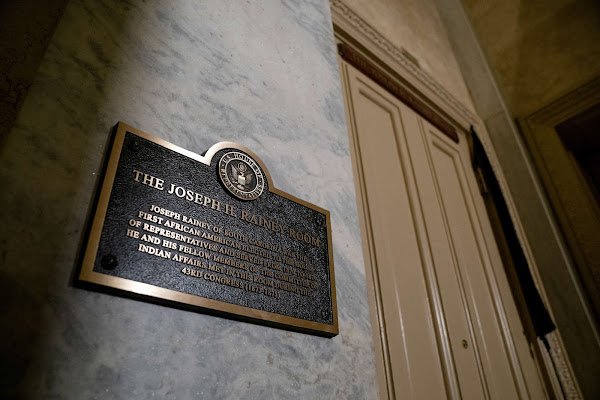The film was originally co-sponsored by the Dutch government, which wanted to honor African American women for playing a vital role in the WWII liberation of the Netherlands, as well as Drexel Alumni, Better Angels/Lavine Fellowship, Gift of Life Donor Program, Always Best Care Senior Services, Darryl & Leslye Fraser Foundation, and CARIE: Center for Advocacy for the Rights and Interests of the Elderly.
Told by the women who courageously fought both racism and sexism on America's home front, this is the untold story of 600,000 Black "Rosie the Riveters." These trailblazing women entered factories, government offices, and shipyards, shattering barriers and laying the groundwork for future generations of African American women. Their determination and patriotism redefined what it meant to serve one's country and opened doors to new opportunities for Black women in industry, civil service, and beyond. Featuring rare archival footage and powerful first-person accounts, audiences hear firsthand about resilience, sisterhood, and enduring fight. Invisible Warriors gives voice to the hidden heroines who helped reshape both a nation at war and the course of American heritage.
Lise Romanoff, Managing Director/CEO of Vision Films shares, "Invisible Warriors is an important documentary to pay respect to and keep alive the powerful and patriotic Black women who joined the war effort despite racial, gender and societal obstacles. It celebrates the heroines who paved the way for all working women, and those still fighting for racial and gender equality."
Filmmaker Gregory S. Cooke says, "These women are arguably are the most significant group of Black women in the 20th Century. My mother, who was also a Rosie, helped create job opportunities for future generations of Black women. They did remarkable things under very difficult circumstances to improve their life, the lives of their families and the lives of future generations of African American people…we must not forget that."
"Invisible Warriors, the inspiring story of America's previously nameless Black 'Rosies,' is an important film in bringing long overdue honor and recognition to vital members of our nation's 'Greatest Generation.'"
--Holly Rotondi, Executive Director, Friends of the National World War II Memorial
Pre-order now available at iTunes/Apple TV (US, CA, UK): https://bit.ly/4pJ6fXN and Fandango at Home (US): https://bit.ly/4qUj0zU




















